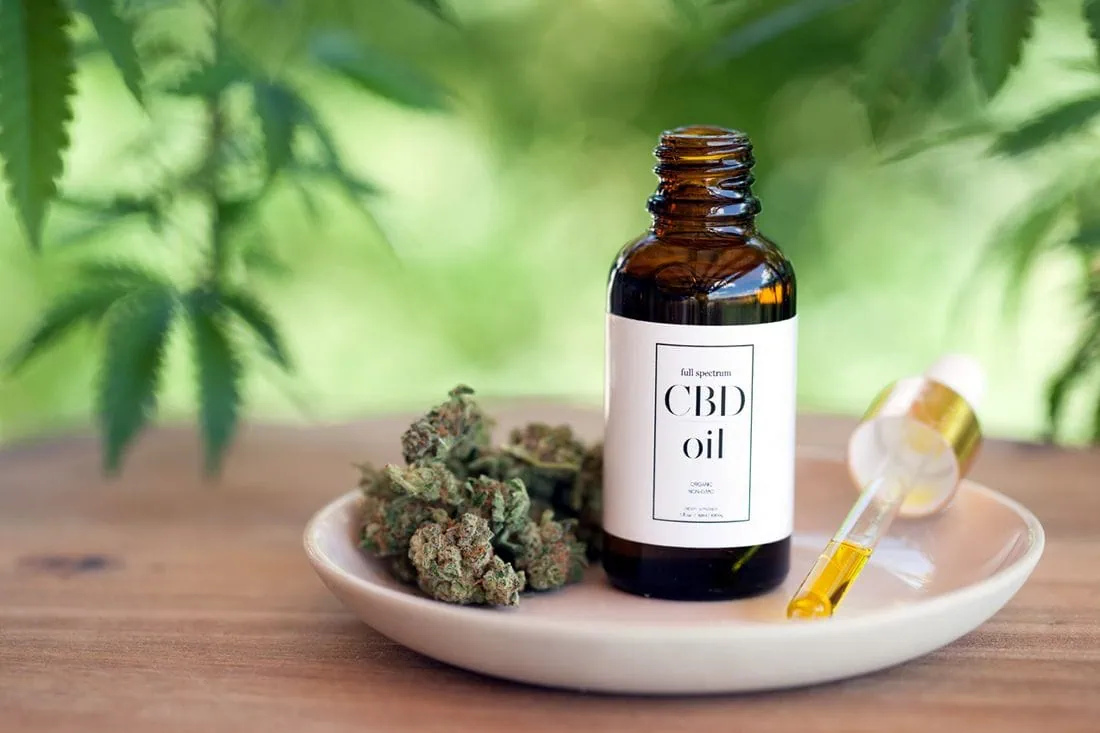
Menu


From tender joints to stubborn acne, can CBD oil really put the brakes on inflammation? Chronic inflammation got you down? Is the outcome really as promised? Discomfort can be a persistent nuisance, but what if CBD oil held the key to quieting it?
Pain management with CBD is a two-part process: product selection and dosage. Get these right, and you’re on your way to relief. As online CBD oil sales soar, selecting a top-notch product becomes a high priority. As we wade through user experiences and scientific studies on topical versus oral consumption—including safety concerns over long-term use—one thing becomes clear: It’s hard to make the most of CBD’s anti-inflammatory effects without a solid educational foundation.
CBD could be your ally in fighting inflammation, especially since research shows its potential. For instance, a study highlighted in the European Journal of Pain found that CBD applied to the skin might reduce arthritis-related pain and swelling. Moreover, it’s been discovered that CBD may curb inflammatory and neuropathic pain—two forms notoriously tough to tame.However, dabbling in CBD isn’t without caveats; side effects include nausea and irritability, among others. Plus, with no FDA oversight on purity or safety for supplements like these, ensuring quality is key. Opting for products verified by independent labs becomes crucial here.When choosing how to use CBD for inflammation relief, topical applications such as oils or creams directly address muscle or joint discomfort efficiently. Yet if you’re eyeing broader impact areas beyond surface level afflictions? Options abound from capsules to sprays designed for sublingual application guarantee swift entry into your bloodstream sans smoking hazards.For authenticity and peace of mind, buy CBD oil online only where there’s transparent evidence of lab testing via COA. This safeguards against unknown additives and secures genuine product efficacy.
CBD’s role in combating inflammation hinges on its interaction with the body’s endocannabinoid system, a crucial player in maintaining balance. By engaging cannabinoid receptors, especially CB2, CBD exerts anti-inflammatory effects without psychoactive outcomes. This characteristic makes it an appealing option for managing conditions where inflammation is a key contributor, like arthritis and diabetes.Research shows promising results; CBD not only alleviates pain but also addresses underlying inflammatory processes by modulating immune responses. Its antioxidant properties further protect cells from damage caused by oxidative stress. A common pathway through which chronic inflammation wreaks havoc on bodily tissues.For individuals seeking alternatives to traditional treatments that often come with undesirable side effects, buying quality online sources of CBD offers a convenient solution backed by growing scientific evidence supporting its therapeutic potential.
For those exploring pain management options, CBD products offer a variety of choices. Topical creams and gels are directly applied to sore areas, providing targeted relief without extensively entering the bloodstream. Oils and tinctures, popular for their versatility, can be ingested orally or added to foods for convenient consumption; these methods allow CBD to interact with your body’s endocannabinoid system more broadly.Capsules and edibles present an easy-to-dose option but take longer to work as they pass through the digestive system first. Each type caters differently: topicals offer localized relief; oils provide flexibility in use; capsules ensure precise dosages. Always consult healthcare professionals before starting any new supplement regimen.
Choosing quality CBD oil online for inflammation includes understanding the types and their effects. Topical products like creams can directly target pain areas, so consider these if you need localized relief. For overall impact, soft gels such as the broad-spectrum option distribute benefits throughout your body and are easy to take regularly with 30 mg per gel.Making them a good middle ground in potency. When picking gummies, those from reputable brands offer precise dosing (25-100 mg) and chemical-free extraction. A plus for safety-conscious shoppers.Look also at third-party testing; it ensures product purity and potency match what’s advertised. Lastly, subscription services can lessen costs over time while securing a consistent treatment supply. Keep an eye on ingredient lists, too; avoiding unnecessary additives or allergens is critical for healthful use.
When deciding between topical and oral CBD for inflammation, consider how each works. Topical CBD applications target specific areas of discomfort directly on the skin. These can be creams or balms that begin working quickly, often within minutes.They’re perfect for localized pain but won’t affect your whole body. Oral forms like tinctures, gummies, or capsules spread effects throughout your system over time. This method takes around 30 minutes to kick in but impacts a broader range of symptoms.Not just where you apply it. Remember safety, too; while topicals are applied externally with minimal systemic concerns, orally ingested CBD needs metabolism by your body, which introduces considerations regarding interactions with other medications, especially those with grapefruit warnings since similar pathways are involved. Both methods show promise yet serve different purposes based on what relief you seek.
Long-term CBD oil users need to be in the know about the safe use and potential drawbacks of this supplement. Most people report only mild side effects like tiredness, changes in appetite or weight, and diarrhea.
Compared to other treatments for similar conditions, CBD has fewer adverse effects. Patients are more likely to see their treatment through when it’s easier to stick with. The exact ways in which CBD influences medication efficacy by modifying liver enzymes and drug transport is an area ripe for further exploration. For example, using CBD could potentially reduce the dosage requirements of certain epilepsy medications, ions thereby also lowering their side effects.
Many studies show positive aspects of using high doses of CBD without severe problems, with up to 1500 mg daily being well tolerated. A closer look is needed at how hormone levels are affected when we use this treatment for longer periods or in ways that aren’t part of the current clinical trials.
In lab tests with animals, a concerning pattern emerges: cellular vitality is compromised, leading to reproductive hurdles and potential fertility issues. The danger zone in long-term treatment plans kicks in when multiple substances are involved; it’s here that constant monitoring becomes the crutch that keeps patients upright.



